What Makes Oregon Grown Hemp So Unique?
When it comes to growing hemp, there isn’t really a downside. Hemp is a sustainable, hardy crop and the varieties used to cultivate cannabinoids can benefit our physical well-being and mental well-being. It’s no wonder humans have cultivated hemp for thousands of years, with the earliest recording of hemp use dating back to 2800 BCE in China!
While many associate hemp with CBD, the wellness-boosting cannabinoid derived from the hemp buds and leaves, this is only one of the many ways hemp can be used.
The hemp seed is considered a nutrient-rich superfood, while the fibrous stem of the hemp plant can be used to make papers, textiles, and even environmentally-friendly bioplastics. And, of course, the flowers, buds, and leaves can do wonders for your wellbeing when used in teas or hemp-derived CBD oils and skincare products.
Early hemp growth took place in Central Asia, the Mediterranean, Chile, and North America.
And although hemp cultivation was federally banned in the U.S for much of the twentieth century largely due to widespread fear-mongering and misinformation regarding the plant, hemp growth in the U.S. is back in full swing after the 2018 Farm Bill lifted the federal ban.
And it doesn’t get any better than Oregon-grown hemp, if we do say so ourselves (we do!).
But, don’t just take our word for it. Read on to find out the unique benefits of Oregon-grown hemp.
What Are the Benefits of Oregon Grown Hemp?
Hemp cultivation in Oregon is booming. Within a year of the 2018 Farm Bill going into effect, the number of acres used for hemp growth in Oregon increased by more than 427%, and for a good reason.
There are several benefits to Oregon-grown hemp.
Climate
Hemp is a sturdy plant that can withstand a decent number of growing conditions, but there are still ideal temperatures and climates for hemp to thrive in, and Oregon checks all of hemp’s boxes.
Hemp plants do their best growing in temperatures between 60-80 degrees Fahrenheit while still capable of handling dips in temperature. The average temperature in western Oregon is within range during summer growing seasons for the period, making Oregon an ideal growing location.
While hemp plants can withstand below freezing temperatures, extreme cold weather that drops below 25 degrees may stunt their growth. And since temperatures in much of Oregon rarely get that low, it is not much of a concern for locally-grown hemp.
More Yield
Hemp grows best in well-draining soil with lots of organic matter and a pH balance between six and seven. When planted outside in the right soil, hemp seeds can be planted close together.
This allows for even more growth at once while producing a lower carbon footprint than many other crops.
The organic soil found in the forests of Oregon is ideal for yielding hemp, as it has the right texture and pH balance for hemp to thrive.
Fewer Pests
Airflow is vital to limiting pests during hemp growth. The precipitation coming from the Pacific Ocean helps make western Oregon an ideal climate for hemp growth, with less disruption from pests than many other parts of the country may experience.
Here at The Brothers Apothecary, we source most of our organic hemp from East Fork Cultivars in Western Oregon. They use an organic integrated pest management program to naturally and ethically deter pests, such as using beneficial tools, insects, and bacteria.
Rapid Growth
Hemp typically reaches maturity within only three to four months, and the climate and soil in Oregon help our hemp grow strong and healthy.
Hemp also has the unique ability to reintroduce nutrients into the soil, meaning new crops can be planted in the same soil quickly after matured hemp yields are harvested.
Versatility
Hemp is a versatile crop that can be used in several ways, all while creating very little waste and positively impacting the environment.
When grown outdoors, hemp is believed to absorb more carbon dioxide from the atmosphere than the process of cultivating the plant produces. Hemp can also protect the soil it is grown.
While hemp is often grown in indoor greenhouses, there is nothing quite like sun-grown hemp.
The full-spectrum energy coming from the sun better develops the many compounds within the plant than imitation sunlamps can. Not to mention, growing outdoors is much more environmentally friendly, as it doesn’t require the same amount of electricity needed to keep a greenhouse running.
But, hemp is photoperiodic and requires a decent amount of hours in the dark to grow flowers. With too much sunlight, it will remain vegetive and won’t bud the cannabinoid-rich flowers that are cultivated for CBD.
This makes hemp difficult to grow outdoors in some parts of the world, but not in Oregon. Our daytime versus nighttime hours align well with what hemp needs to flower.
How Does Oregon Hemp Differ From Hemp in Other States?
Oregon is among the top-growing states in the U.S. when it comes to hemp production. Hemp cultivation became legal in the state in 2009, almost a decade before it was legalized at the federal level. This has given our hemp farmers plenty of time to cultivate best practices.
The state’s Department of Agriculture is also well-known for supporting hemp farmers, and Oregon State University houses the largest hemp research organization in the country.
Oregon is also one of the first and only states to allow the sale of all hemp products, including hemp-derived CBD-infused foods. This law gives hemp farmers in the state more opportunities to reach more people with their hemp.
Our hemp farmers at East Fork Cultivars are committed to growing hemp in an ethical and sustainable way that honors the land they grow with.
All of our CBD products here at the Apothecary are sourced from Oregon-grown hemp that is organic, third-party tested, Sun + Earth Certified, and sun grown in native soil, using only natural fertilizers.
These and many other reasons are part of the reason why we feel so strongly about the match up of Portland vs. Seattle!
How Is Hemp Different From Marijuana?
While decades of misinformation would have you believing that hemp and marijuana are completely different species of plants, they actually both come from the Cannabis sativa plant.
It is a legal classification that sets hemp and cannabis apart. Legally, any type of Cannabis sativa plant that contains less than 0.3% THC content in it’s dry weight is considered hemp, while any variety of the Cannabis sativa plant with more than 0.3% THC content is considered “marijuana” or cannabis.
Currently, hemp cultivation and possession of hemp-derived products are federally legal, while the cultivation and recreational use of cannabis (with over 0.3% THC content) is only legal on a state-by-state basis. So far, 18 states have legalized recreational cannabis use, including Oregon.
Are Hemp and CBD the Same?
Hemp and CBD are not the same, but CBD is the most active plant compound within the hemp plant.
CBD is a non-psychoactive cannabinoid that can help promote relaxation, ease tension, and relieve discomfort within the body. CBD is found in all varieties of cannabis plants, but it is most abundant in the hemp plant, as hemp has a naturally high concentration of CBD and a low concentration of THC.
While CBD can be derived from either hemp or marijuana plants, current federal law only permits hemp-derived CBD.
Does Hemp Contain THC?
Hemp plants can legally contain up to 0.3% THC content in its dry weight. However, if you would prefer a THC-free hemp product, isolated and broad-spectrum CBD products have the THC content filtered out during the extraction process.
Will Hemp Cause a High?
Because there is such a small amount of THC in hemp, this variety of cannabis plant cannot cause a high.The main active cannabinoid in hemp is CBD, which is not psychoactive.
How Long Does It Take for Hemp To Work?
Products derived from hemp typically kick in anywhere between a few minutes to 90 minutes, depending on how it is taken.
When smoking hemp, the effects will kick in almost immediately, as the CBD from the hemp buds is quickly absorbed in the longs. If consuming CBD from hemp-based edibles, on the other hand, effects can take around an hour or two, as the CBD must go through the digestive tract before it is absorbed into the bloodstream.
How Long Does Hemp Stay in Your System?
The effects of hemp-derived CBD typically last for anywhere between two to eight hours, depending on the method of consumption.
After the effects wear off, CBD can still remain in the body for a few days to a few weeks, and some studies even suggest that CBD stored in fat cells can be saved for use at a later time when needed.
CBD can also build within the body, which means that the more regularly you consume CBD, the longer the effects will last over time.
Who Can Benefit From Hemp?
Hemp is packed with nutrients and wellness benefits, from the cannabinoid-rich flowers down to the seed.
Hemp seeds–which don’t contain cannabinoids–are a complete protein with all the essential amino acids our bodies need. Hemp seeds, hemp oil, and hemp protein powder can all provide a healthy and delicious source of plant-based protein for vegetarians, vegans, and meat-eaters alike.
The hemp leaves and buds can also provide wellness benefits to just about anyone. CBD can help soothe physical discomfort such as swollen joints, ease tension, promote relaxation, provide sleep support by helping calm the mind, and even help with muscle repair post-workout.
Hemp and hemp-derived CBD can be enjoyed in various forms, from calming teas to energizing body scrubs.
The Bottom Line
Hemp is an incredible crop that can benefit the environment as it grows and benefit our well-being once it is cultivated! Here at The Brothers Apothecary, we strive to find the best products that fit your needs.
You can explore our Oregon-grown hemp products at our Apothecary Wellness Cafe in Portland, or check out our collection at The Brothers Apothecary shop!
Sources
Environmental benefits of hemp | McGill University
European Industrial Hemp Association | EIHA
The Three Pillars of Sun+Earth Certification | Sun and Earth
Jesse Richardson is the co-founder of The Brothers Apothecary. He's an avid tea drinker and the primary creator behind The Brothers' products. An undergraduate of UCLA for Political Science, Jesse currently studies Medicinal Plants at Cornell University and The International School of Herbal Arts & Sciences.



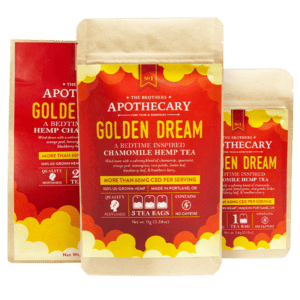
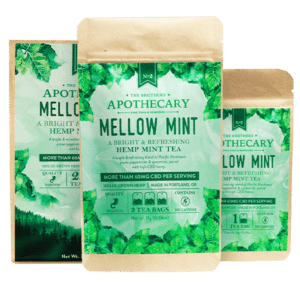
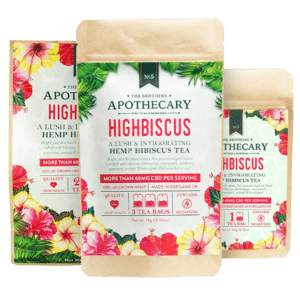
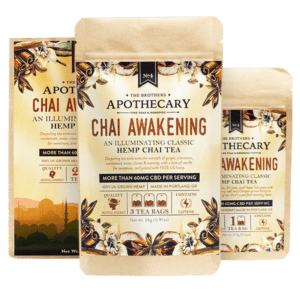

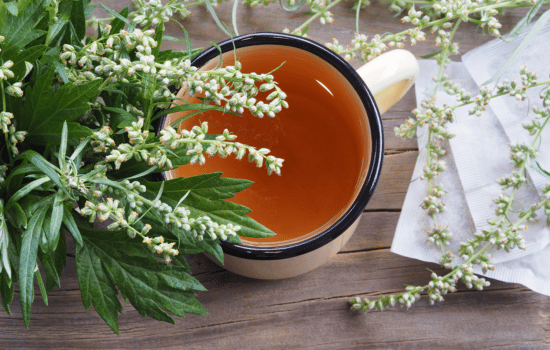
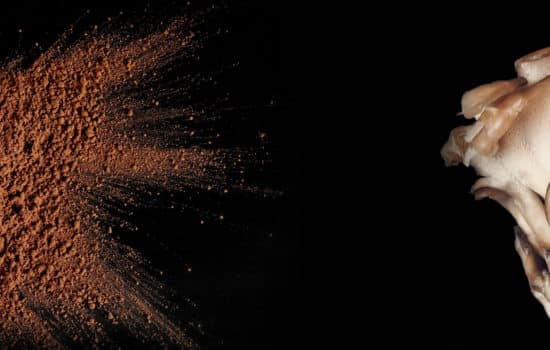
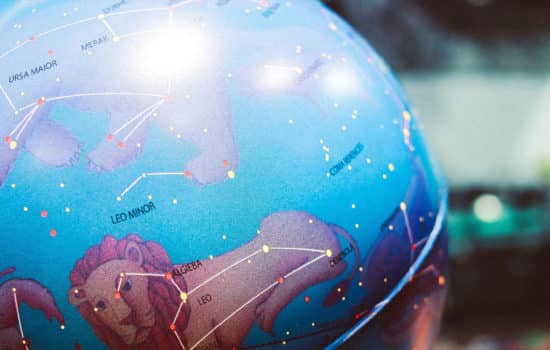
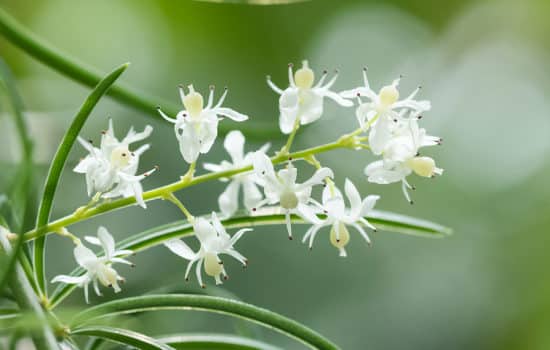
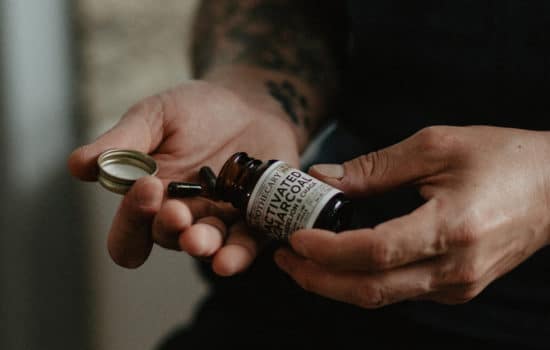
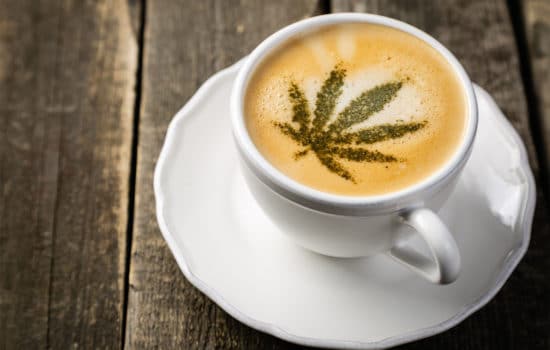





One thought on “What Makes Oregon Grown Hemp So Unique?”